My Article For Writer Unboxed: Steal From Your Life
Stealing From Your Own Life: Your Way To A Storyline
Writers, thou shall steal.
Yes, you shall.
Steal from your life. Steal from that devastating year and that most glorious weekend. Steal from your emotions, the utter despair and the sparkling joy, steal from someone you don’t like, steal from someone you adore.
Steal, like a literary thief in the night.
It’s all for your storylines and your characters.
Writers, thou shall steal. Yes, you shall. Steal from your life.
Right now, and I mean it, stop reading this article and think about the three worst things you’ve been through.
Really, stop reading. Stare into space and think this one out.
Stop crying. Ask yourself how you can use those soul-crushing times in your book. How can you use those emotions?
For example, my sweet father died about two months after my first book Julia’s Chocolates sold. He had prostate cancer. He came to my reading at a bookstore, he made everyone laugh, he was happy. Two months later, he was gone.
 I was devastated. My editor and agent had been asking me for ideas for my third novel, my second one already finished. I kept putting them off. I had to get my dad to chemo, radiation, surgery.
I was devastated. My editor and agent had been asking me for ideas for my third novel, my second one already finished. I kept putting them off. I had to get my dad to chemo, radiation, surgery.
After he died, they asked again. I did not feel like writing, but I took that aching grief, that loss I felt, and I gave the whole mess to my character, Isabelle Bommarito, in “Henry’s Sisters.”
Isabelle ended up being one screwed-up lady. She was an international photo journalist who had seen too much. She had a chaotic, innocence-smashing childhood with a mother who went into stripping as a last resort. She had checked herself into a mental health clinic. Scene one shows her sitting on the deck of her condominium, in downtown Portland, naked, watching the rain pool on her crotch.
You’ve experienced grief? Give it to a character. Paralyzing fear? Same thing. Loneliness is ideal. Well, not ideal that we’ve experienced it, but we can use it now. Create a lonely character who fakes being happy or who is being eaten alive. Create a violent character based on emotions felt that one night when you really could have smashed that nauseating person.
What about that divorce? What about a broken relationship? Use it. You will sound so much more authentic if you are writing from real, gut-wrenching experiences. You know it, you’ve been there, now spill it onto your pages.
I have been married for twenty-two years. But one night, lying in bed by my husband, after we’d had a spat, I was steaming. He had the audacity to fall asleep. Royally ticked off, I started thinking about my new character, Jeanne Stewart, in “The Last Time I Was Me.”
Jeanne found out her boyfriend was cheating on her. (Let’s be clear, my husband was not cheating on me. That was not why I was fuming. If he had been he would have lost something vital between his legs.) Jeanne’s cheating boyfriend was allergic to peanuts. When the boyfriend cheated on her again, she found a creative way to use peanut oil. Terrible rash. Dramatics. He called an ambulance for himself (and his organ).
How did I get the peanut oil idea?
My husband is allergic to nuts.
Another rather sneaky, tip? Steal personality traits from people you don’t like.
This is an easy one for me. There is a woman I avoid as I would stampeding aardvarks. She is prissy, cold, shallow, entitled. Think of a Beverly Hills housewife and blend that with a snowy avalanche. I have used different parts of her personality in several of my characters. Do the same thing. It’s quite fun. It has been extra delightful to make money off of my dislike of this woman.
Take the crazy in your life and run with it. Take that sheering pain, the belly aching laughter, that best friend who made you get into trouble so many times, a steel-magnolia-type mother not there to hold your hand anymore, and use it. Use that boss you hate and that cat you adored who you just knew was a person beneath the fur.
Do the same with people you love. What do you love about them? Be specific. Don’t simply use their kindness in your characters, that’s dull. Dive headfirst into who they are as people and what makes them lovable.
Maybe you love the way they know exactly what to say when all seems to have fallen apart. Maybe you love the way they give you something to think about, they challenge you. Maybe they are flat out wild, reckless, pointedly blunt, funny, brilliant, or picky.
Now throw that well-loved person around in your brain. Characters can’t be perfect. Maybe she sneaks cigars. Or is a slight hypochondriac. Or a super nerdy chess player.
You have a character we can relate to, that you know, but who is also her own person.
What about the incredible times in your life? Add peace to your books based on those days. Holding a beloved child. A moment at sunset on a lake. Reading on a rainy day in total quiet. Falling in love or lust.
Find those moments, build them into your books. Let your character think in those moments, reflect and analyze, grow as a person, change her mind or her goals or her perceptions. Give her that lake – at least in her mind.
Take the crazy in your life and run with it. Take that sheering pain, the belly aching laughter, that best friend who made you get into trouble so many times, a steel-magnolia-type mother not there to hold your hand anymore, and use it. Use that boss you hate and that cat you adored who you just knew was a person beneath the fur.
Use your wisdom, your faults, your inner serenity, your anxieties.
Writers, thou shall steal.
Steal from your life for your storylines.
Steal from your emotions.
Steal from your relationships with others.
Steal from the past and the present.
Twist it up, circle it around, crash it down, re–imagine, re–invent, exaggerate.
Use it all. Use your life.
Write.
Edit.
Write.
Edit.
Begin Again.
16 Responses to “Stealing From Your Own Life: Your Way To A Storyline”

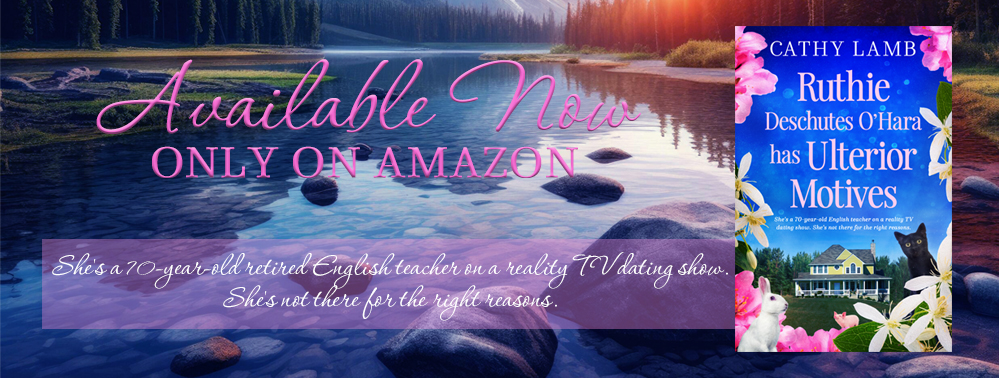
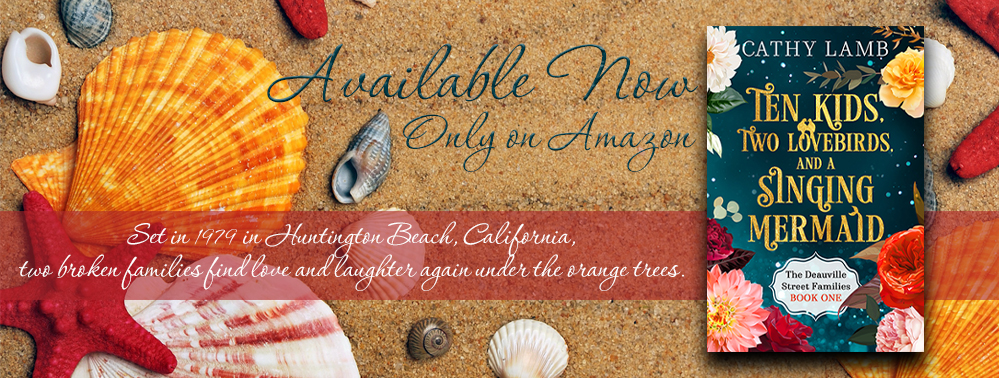








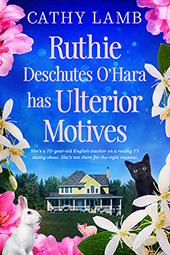
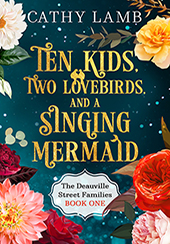
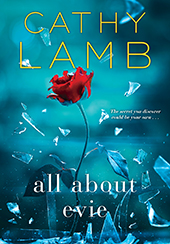
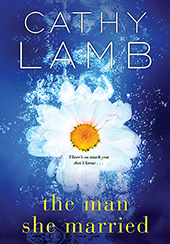
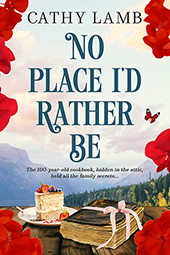
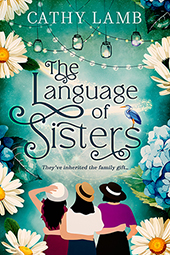
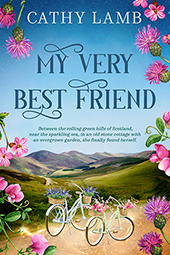
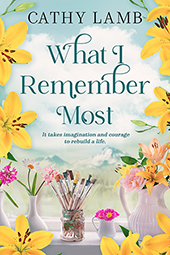
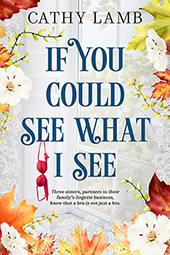
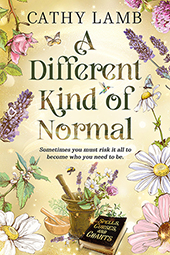
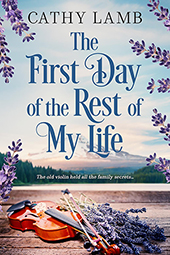
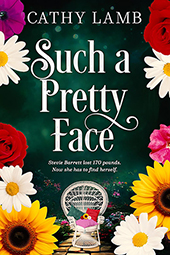
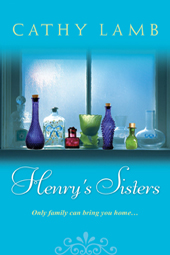
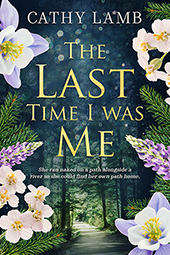
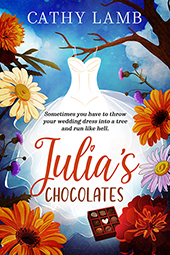

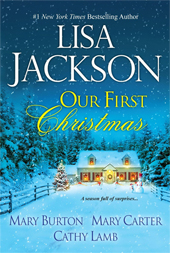
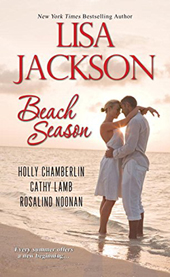
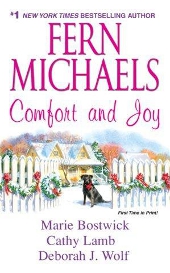
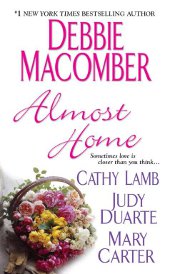
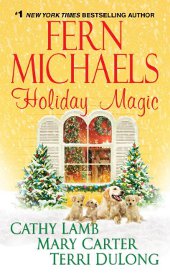

Hey Cathy,
I’m a thief. Hang around me long enough and I will add some aspect of your life, your essence, into whatever I write. I’m an observer by nature — intuitive, feeling (an ENFJ, to be precise) — and use those traits to tap into deeper character development.
I just finished a Gaiman book (The Ocean at the End of the Lane) and in his acknowledgements, he writes:
“The family in this book is not my own family, who have been gracious in letting me plunder the landscape of my own childhood and watched as I liberally reshaped those places into a story. I’m grateful to them all, especially to my youngest sister, Lizzy, who encouraged me and sent me long-forgotten memory-jogging photographs (I wish I’d remembered the old greenhouse in time to put it into the book.)”
If you pay close enough attention to the world around you, you’ll notice it’s chock-full of nuts…I mean, characters.
Thanks for your article, and best wishes on your tenth release!
Dear Mike,
I love the first line of your comment, “I’m a thief.”
Yep. I understand…
I’m a thief, too, in a nice way….most of the time.
This is great Cathy! Especially timely for me as I develop a new project. I’ll keep it close.
Well, thank you, Kathryn! I appreciate that!
It’s so easy to look around at your own life and get ideas. Everything and everyone can be inspiring and what you learn and feel can be twisted up, thrown around, spun about and…wham. A new idea.
Good luck with your next novel!
The easier question would be: what haven’t I stolen from my life. Excellent post! Sharing…
Oh, Sue.
You must steal.
I never use the real names of people I know. I would never write anything that would embarrass my kids or my husband. I have never written a character that is like anyone else I know…just tidbits.
I do take things I hear and see and use them in my books. Your own life is a minefield, in a good way, for stories. So use it!!
Totally agree. I’ve turned two bosses who did me wrong into sleazy bad guys in a couple of novels. I smile every time I read their parts.
Ray,
That is hilarious.
I can see why that bit of stealing still brings a smile to your face.
Thanks, Cathy. I do this–sometimes needing to disguise the plundering I have done. But emotions, no matter what triggers them can be utilized in so many fictional situations. Of course the writing icon who did this was Stephen King–taking all those boys in his youth that bullied him and killing them off in his stories!
Beth,
I did not know that about Stephen King. He actually used their REAL names and then killed them off?
Clever. Vengeful. Revengeful. Deserved.
I love it.
It’s amazing what a treasure trove of story ideas your life experiences can produce. Most everyone – writers included – thinks their lives are too boring to serve as inspiration, so they often create outlandish tales. In looking back at my 51 years thus far on planet Earth, I’ve found a gold mine of great characters and excellent one-liners. I just change the names…to protect myself.
Alejandro,
No life is too boring to steal from. Plus, we have our imaginations that can be plundered. I’ll get a spark of an idea from life, from people, a situation, and I’ll flip it around and think about it and turn it sideways and there ya go. I don’t think life has to even be that interesting at the moment…you just have to see it differently. You have to be thinking and inventing and creating.
And listening. I think that’s key, too. And eavesdropping in Starbucks DOES count as listening…
Thanks, Cathy, for the good advice. I too believe our experiences—especially our close relationships—and our internal lives are vital assets when writing fiction and creative nonfiction.
Whenever our imagination is malfunctioning, we can rely on our memory. If our experiences are something we’re reluctant to make public, it’s not all that difficult to alter what we actually did, said, or thought. That’s part of being creative. Just think of something you’ve done or said—or something wish you’ve done or said—and use that until your imagination wakes from its cat nap. Then your imagination might take your actual experience or revised experience build on it.
Using my actual experiences and behavior works when writing male characters, but not so with female characters. When creating women, I rely on memories of women I’ve met throughout life, or on the ones I’ve spied on in the supermarket, while riding the bus, standing in line at the theater. . . I’d feel uncomfortable having a female character talking or behaving like me, or like any other man. Building characters on women I’ve known, and on strangers I’ve surreptitiously observed, is taking them from my own experiences. Then I use my imagination—plus I rewrite, revise, and edit.
But is it really “stealing” if everything about our lives belongs to us?
Lamont,
The other way I’ve found that is very helpful to get ideas is to journal. When I’m drafting a novel, sketching out characters, or when I’m stuck in a novel, I journal. I just write crap. Thoughts, worries, problems, things I’m thinking through, and it’s amazing what comes of that process – not typing, but writing long hand.
I don’t write through men’s eyes, I write through women’s eyes – I am not sure I could be authentic if I wrote through a man’s eyes, but it’s an interesting question you’ve made me think about, and I like the way you go about writing about female characters – with thought, deliberation, insight.
Cathy, a great expansion on “write what you know”. And more food for thought as we mine our experiences and the personality traits of people in our lives. Thanks for this interesting post.
Deborah.
I actually believe in both schools of thought – Write what you know AND Write what you don’t know.
There has been so much that I have written about in my novels that I don’t have a clue about – so I study. I research. I interview people. I talk and listen. I read books and magazines.
Currently my next book is partially set in Russia between 1975 – 1985. I have no clue about what life was like there then. So I’m researching and studying. That’s one of the fun parts about writing. What you don’t know, you learn.
Cheers